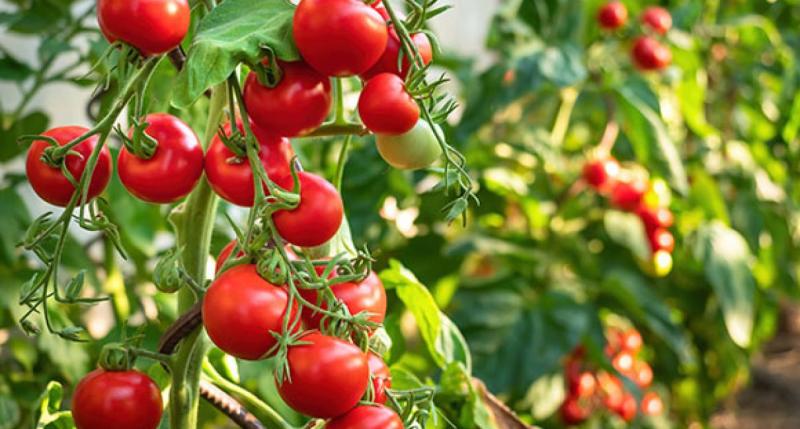After the European Parliament has endorsed the proposal on NGTs, it becomes important to highlight how pragmatically plant genome editing can support the EU sustainability goals.
Recently, a team led by Tel Aviv University engineered tomatoes that use less water without compromising yield, quality, or taste. By using CRISPR technology to target the ROP9 gene, these tomatoes exhibit more efficient water usage by partially closing the plant’s stomata, particularly during midday peak transpiration periods. 💦 ⬇ !
This innovative research now focuses on taking advantage of the conservation of ROP9 across multiple plant species to apply similar genetic modifications to other crops, addressing water scarcity and global warming challenges in agriculture.
At HRB, we are inspired by these findings and are committed to exploring how these techniques can be integrated into our efforts to promote sustainable farming practices and foodsecurity.
https://lnkd.in/dUqf9syh
https://lnkd.in/eXe3jR3R
